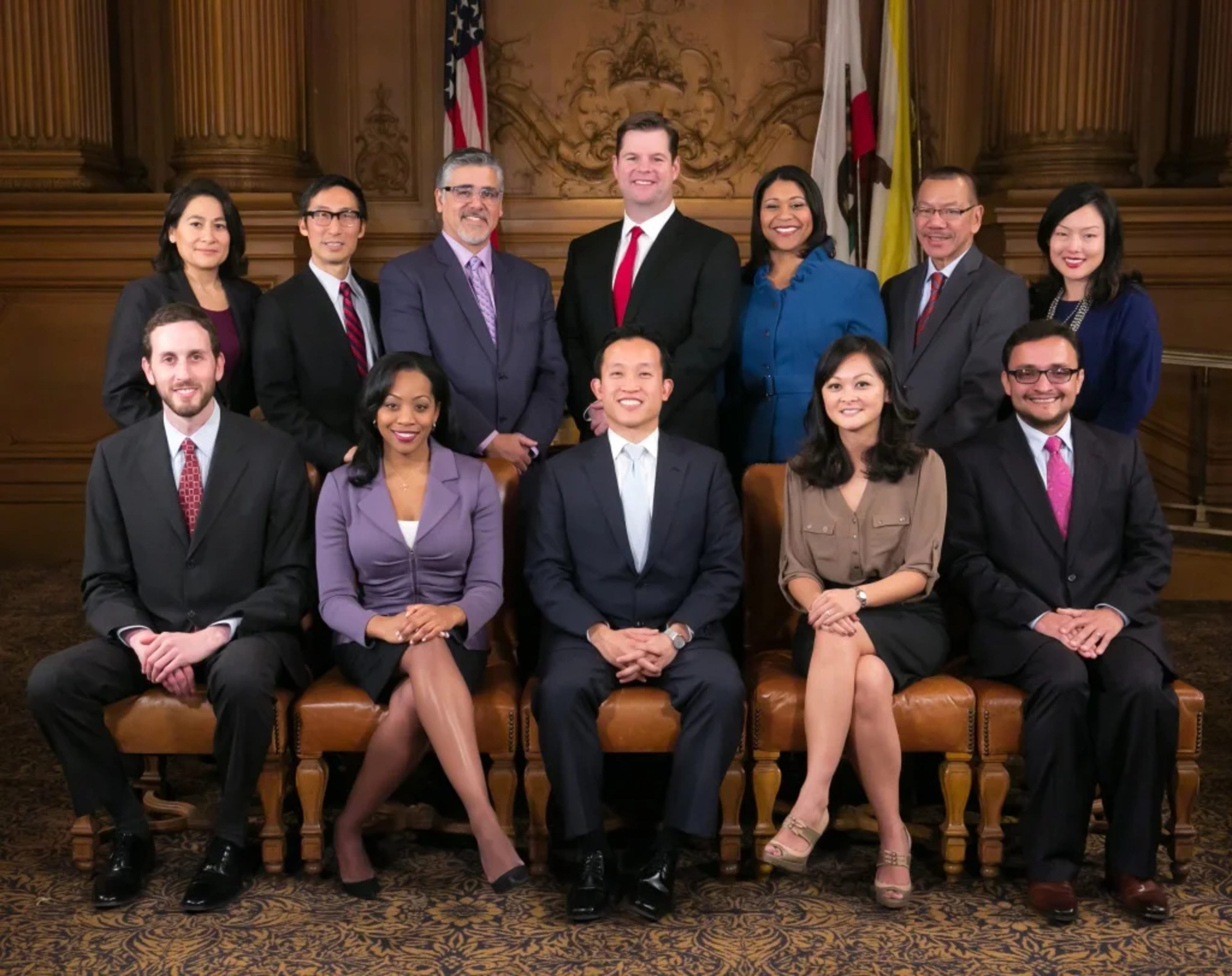After representing San Francisco’s west side in the California Assembly for more than a decade, Phil Ting always expected another Asian American would succeed him after he’s termed out next year.
But to his surprise, no major Asian American candidate has declared a candidacy, while the March 2024 primary is only seven months away.
“It’s very disappointing,” Ting told The Standard. “I think it’s an opportunity to reflect on how we can do a better job to support Asian Americans to run for office.”

Ten years ago, Asian American political representation in San Francisco was strong at all levels. There was a Chinese American mayor, Ed Lee, and at one time, four supervisors were Chinese American, plus one was Korean American. Currently, only one sitting supervisor, Connie Chan, is Asian American. And after the November 2024 election, it’s possible that San Francisco will lose most Asian representation in its top offices.
‘Chinese Seat’ No More?
For the past two decades, what is now California’s 19th Assembly seat—encompassing most of the western half of San Francisco plus northwestern San Mateo County—has been held by Chinese Americans. Since 2002, Leland Yee, Fiona Ma and now Ting have represented the district, the population of which is about 40% Asian, many of them ethnic Chinese.
Catherine Stefani, a current San Francisco supervisor who represents the Marina and Pacific Heights, is the front-runner to succeed Ting.
In a statement to The Standard, Stefani touted her track record of standing with the Asian community by supporting law enforcement and endorsing the 2022 recalls of three San Francisco school board members and District Attorney Chesa Boudin.

“I will be a strong and passionate voice for the most critical issues to the Asian American and Pacific Islander community in Sacramento,” she said.
Stefani has secured many big-name supporters in the political field, including Mayor London Breed, San Mateo Supervisor David Canepa and Ma, who is now the state treasurer.
If Stefani wins, the Assembly district will echo the results of last year’s hotly contested supervisor race in District 4, another “Chinese seat”: Twenty years of Chinese American representation ended when incumbent Supervisor Gordon Mar lost to challenger Joel Engardio.
Other rumored Chinese American candidates for Ting’s Assembly seat have included Alan Wong, the board president of City College of San Francisco, and Janice Li, BART board president. Wong told The Standard that Asian American community leaders have been asking him to run, but “it doesn’t necessarily have to be me.” Li, who was recently hit with a fine for failing to register as a lobbyist, confirmed that she’s no longer considering running.
Peaked in 2010s
In the 2010s, Chinese American representation soared and peaked in mayoral, supervisorial, state Senate and Assembly seats. Ting and David Chiu made history as Chinese Americans representing the city in both seats at the state Assembly.
Now, Ting is terming out, Chiu became San Francisco’s City Attorney and Chan is the only Asian American supervisor.
“I have been concerned,” Chiu said. “The trend line is not looking positive.”
Chiu was the first Chinese American supervisor to represent Chinatown in San Francisco and, after four terms in the Assembly, is now the first Asian to serve as the city’s top legal counsel.

He acknowledged there’s a gap between the last generation of Chinese American elected offices and the younger Chinese American leaders who’ve emerged since the pandemic and the Stop Asian Hate movement.
“Hopefully, the next generation will come soon,” he said.
Chan, a progressive supervisor representing the Richmond District, will likely face a strong challenger as the 2022 redistricting cycle was considered advantageous to a more moderate candidate—and Chan won her seat in 2020 by a razor-thin margin. In District 3, former transportation commissioner Sharon Lai is expected to run, but she may face strong challengers in a race that is still shaping up.
Heading into the 2024 election, the prospects for Chinese American representation on the Board of Supervisors are dim.
If neither of them wins and no other Chinese candidates run, it will be the first time that no Chinese American has served on the board since 1986.
Values vs. Identity
The Richmond and Sunset districts are often strongholds for Chinese American politicians, as racial identity can play a key role in electoral politics in those neighborhoods.
But that narrative has faded away in recent years as community members weigh voting for Asian representation versus their political values.
Chiu says that Chinese voters now have a much stronger sense of what they are looking for in leadership—a notion that Fiona Ma agrees with. The state treasurer said the Asian community in San Francisco has matured to vote for values rather than race.
Brian Quan, the president of the Chinese American Democratic Club, said that the decline in representation doesn’t mean a decline in the community’s political participation. He also explained the club’s endorsement of non-Chinese candidates when Chinese Americans are running.

“Just because people look like us, they haven’t necessarily been the best at representing the community,” Quan said. “I think there’s a shift in understanding values over identity.”
However, David Lee, the director of the Chinese American Voters Education Committee, rejected the idea that Chinese American identity politics is losing its influence.
He said there are some vocal Chinese Americans who may feel that some Chinese political leaders do not represent them well. However, he said, the voting results, especially in elections for Sunset District supervisors, show Chinese American voters are still largely supporting Chinese candidates. He also said representation still matters and praised Ting’s leadership, as the budget chair at the state Assembly, in securing record-breaking funding for the Asian community.
“The Chinese community still cares a lot about Chinese representation,” Lee said. “People who come from the community and understand the community will fight harder for the community.”
